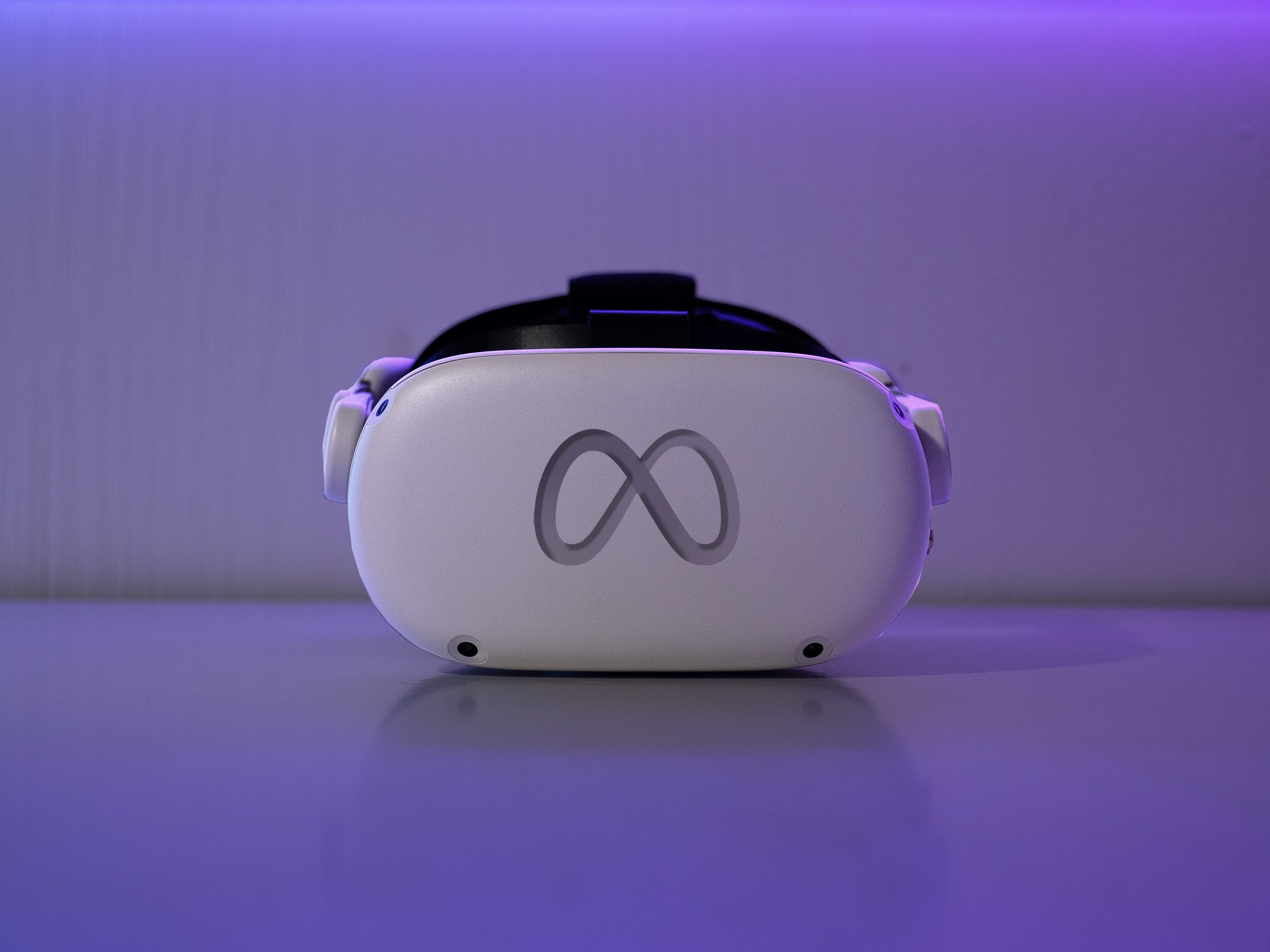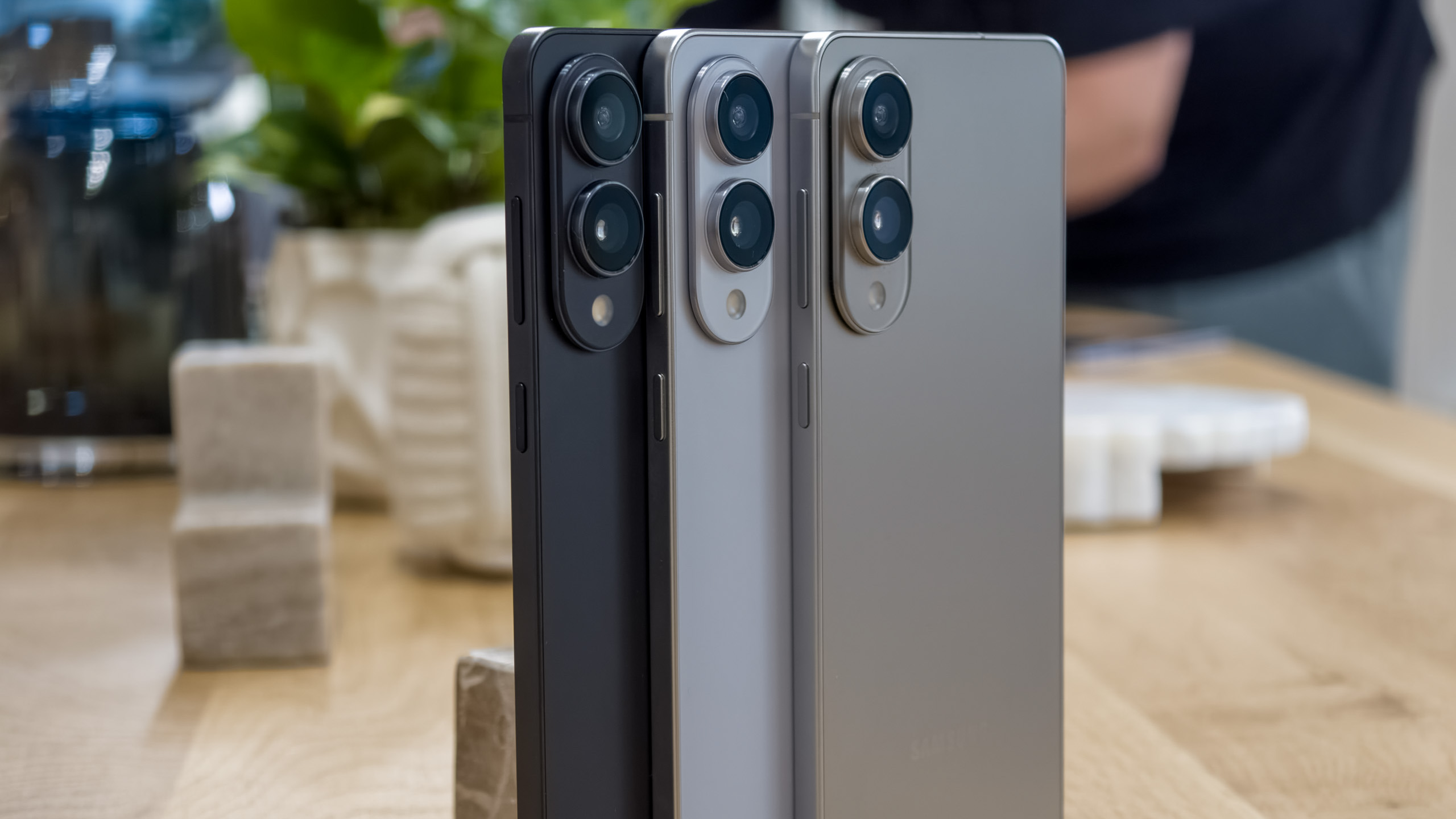Is a Meta rebrand enough to heal the toxicity of the Oculus name?

I remember the first time I used an Oculus Quest. After years of hamstrung solutions from Oculus, the Quest felt like a breath of fresh air and the first time the company had truly done something remarkable since Facebook purchased it in 2014. Since then, the Quest has taken VR on a journey of exponential growth that developers and investors had been waiting for.
But enthusiasts haven't been happy with Oculus for years. The company has pushed its own proprietary development tools since before the Oculus Rift CV1 launched on PCs in 2016 and split the PC VR market in an unnecessary way. Facebook's hunger for data has made many people uneasy and unwilling to further invest, especially after the launch of the Oculus Quest 2 which ushered in the requirement to use a Facebook account just to operate the headset.
That account requirement led to a host of other issues, with players unable to play games they've purchased if their Facebook account was banned or deleted (or, on the off chance that Facebook's servers go down). They've even acted in untoward ways with developers, making it incredibly difficult to get apps and games approved — or nearly impossible to find in the case of App Lab — and, in some cases, outright stealing their ideas.
So what could a simple name change from Facebook and Oculus to the all-encompassing Meta possibly do? Everything, it seems.
The reign of the czar

After Facebook acquired Oculus in 2014, I wondered if anything good could possibly come of the move. When the original Oculus Rift CV1 launched in 2016, my fears of Facebook's disinterest in making VR a viable space were realized. At launch, the Rift was little more than a display you strapped to your head with the ability to look around — a reality that was further fleshed out by the fact that it shipped with an Xbox controller rather than the full movement motion controllers of the HTC Vive.
Facebook chose to ignore the toxicity of its own name, instead, planting it firmly upon the Oculus brand.
Not only that, but the Oculus Store presented a huge problem for PC VR enthusiasts that just wanted to use their headset of choice and play any game they wanted. We had grown used to the far more open Steam model and unless you had an Oculus headset, you likely had to deal with issues or incompatibilities when running mods that made Oculus games playable on non-Oculus hardware.
After the Oculus Quest launched in the Spring of 2019, things finally felt like they were changing for the better. The Rift had progressed significantly but nothing was quite so impressive as a standalone headset that could deliver proper room-scale experiences and full motion tracking.
Get the latest news from Android Central, your trusted companion in the world of Android
Facebook's move to make the Oculus Store an exclusive fare had begun to make more sense. With bespoke hardware and a console or smartphone-like digital delivery system, Facebook could own every part of the transactions made on its platform.
But during that time, Facebook chose to ignore the toxicity of its own name, instead, planting it firmly upon the Oculus brand. With every move it seemingly injected itself further and further into the lives of Oculus users, eventually culminating in the requirement to login with a Facebook account just to use any Oculus headset when the Quest 2 launched.
Because there was no way to separate Oculus from Facebook at any fundamental level, the brand became watered-down and as toxic to many users as the company that held its purse strings.
Facebook further melded its brands by including them under the Facebook Reality Labs around the same time as the Quest 2 launch in 2020, finishing the transformation it had begun and finally absorbing the Oculus brand, in totality.
Because there was no way to separate Oculus from Facebook at any fundamental level, the brand became watered-down and as toxic to many users as the company that held its purse strings. I have more than enough friends who will attest to this — both enthusiast VR players and those casually interested in trying VR — to tell you that it has affected adoption rates at least in some degree.
At the helm of all of these decisions is Facebook's CEO — its czar, if you will — Mark Zuckerberg, who has driven the company to success no matter what it takes. Cix Liv, a developer who has been personally burned by Facebook in the past, put it best when he said "Facebook doesn't need a new name, it needs a new CEO."
https://twitter.com/CixLiv/status/1454182074735280143?s=20
Transformation, not change, is needed

After the announcement at Connect 2021, lots of people — enthusiasts, especially — have been discussing the name change from Oculus to Meta. The concern is that this act will erase any mindshare Oculus currently has in the market, especially since many mainstream conversations about VR usually reference the word "Oculus" rather than "Quest."
But I've come to feel that Facebook — or Meta as I'll start calling them from here on out — is smart to do this name change now. The Quest 2 is the most successful VR headset of all time, selling somewhere in the ballpark of 5 million (or more) headsets in the first year alone. That's a great start but that's just it: this is only the beginning.
Mainstream conversation doesn't include the word Sony when PlayStation is spoken, or Microsoft with Xbox. Quest will be no different.
Given that there's no real competition for the Quest in the marketplace at this time, there's really no worry that consumers won't be able to figure it out in short order.
The name change from Oculus to Meta isn't just about trying to put a new coat of paint on and calling it a day. Rather, if we're to trust the words of Meta's Boz and Zuckerberg, it's the turning of a new leaf that represents a more open and willing group of people to accept that they cannot be the "content czars" of the metaverse, as Oculus Consulting CTO John Carmack so eloquently put it in his Connect 2021 keynote.
While there's no sign of the current structure of content distribution changing — that's the Oculus Store for mainstream titles and App Lab for beta or indie titles — Zuckerberg specifically stated that Meta will continue to support side loading and linking to PCs.
Sideloading is a particularly big deal because it's something most other consoles don't offer. The only real exception is Microsoft with the Xbox Series X|S, but you have to boot into a separate developer mode to run those titles, while sideloaded Oculus titles require a simple change of sorting in your list of installed games.
The move to OpenXR and support for sideloading shows that Meta is moving from a closed fist to an open palm approach.
Previously, we saw Oculus moving to the OpenXR platform in what I called the worst way possible, citing concerns from developers over compatibility issues. They, thankfully, cleared up any misconceptions that were present in the initial announcement, showing that they were truly all-in on OpenXR and developing a more open-source ecosystem.
But App Lab is one of the ways that Meta has used to mitigate criticisms around developer accounts requiring personal information says Anshel Sag, a senior analyst at Moor Insights & Strategy. He goes on further to say "that said, I think the company does realize that some of the best applications may never reach their marketplace through traditional means much like we've seen with mods."
On the consumer end, they announced a brand new cloud save system that'll automatically back up all of your saves without developers needing to do anything. That's a stark contrast to some other OS updates recently, which require developers to make changes just to fit in with new OS features.
The last piece is the biggest, and it shows that Meta looks to be serious about the changes it's making. It's also the single best piece of news that came out of Connect 2021. Sometime soon, using an Oculus Quest will no longer require a Facebook account. Better yet, Meta says it's going to make it so that players can delete their Facebook accounts without losing access to their library.
We don't yet know what sorts of accounts Meta will allow to be used on Quests in the future but the fact remains that the stubborn Facebook policies of last year seem to have been peeled back significantly.
But here's the deal: even if this does mean you'll need a new Meta login to use your Quest headset, it means that VR usage is being decoupled from the social network, its policies, and, most importantly, the ramifications that follow if your account gets banned.
Who wants to lose access to all their purchased VR content when they might have just had a bad day and pissed someone off with a post on Facebook? No one, that's who. This should put a stop to that nonsense, and it's exactly what we've needed since the Quest 2 launched.
Getting rid of the Facebook account requirement means access to your VR library is no longer contingent on you posting politely on a social network.
One of the tenets of Facebook's ability to subsidize Oculus hardware in the past has been its data collection practices. Facebook and, of course, Meta by virtue of the fact that the company itself never changed — just the name — collects data on its users for the purposes of targeted ads and more nefarious purposes as outlined in many of the huge legal battles the company has undergone this year alone.
Sag is still concerned that dropping the Facebook account requirement could still constitute ways for the company to collect data. "I think this is an extremely positive move as someone who thinks Facebook should've never had the requirement, but it doesn't change the depth of data collection and user tracking that a Meta account could possibly have."
Meta even tore Facebook off the Facebook Reality Labs name, making it simply "Reality Labs." In addition to that, it'll finally be divulging earnings numbers from the VR division — a first since Oculus was acquired in 2014 — and is showing a level of confidence in a more open ecosystem that didn't exist before.
Am I being overly optimistic? It's possible, and I know everyone won't agree with me here, but Oculus needed some big changes to get away from the stigma of Facebook and this could very well be the best way to go about it. After all, people don't normally say Sony when they speak of PlayStation. Microsoft isn't often heard next to Xbox in normal conversation.
I think Quest, too, will become the name synonymous with VR in the near future rather than just the Oculus name, as it is now. It's important for Meta to get this right, and starting with a fresh slate, of sorts, is the right move.

